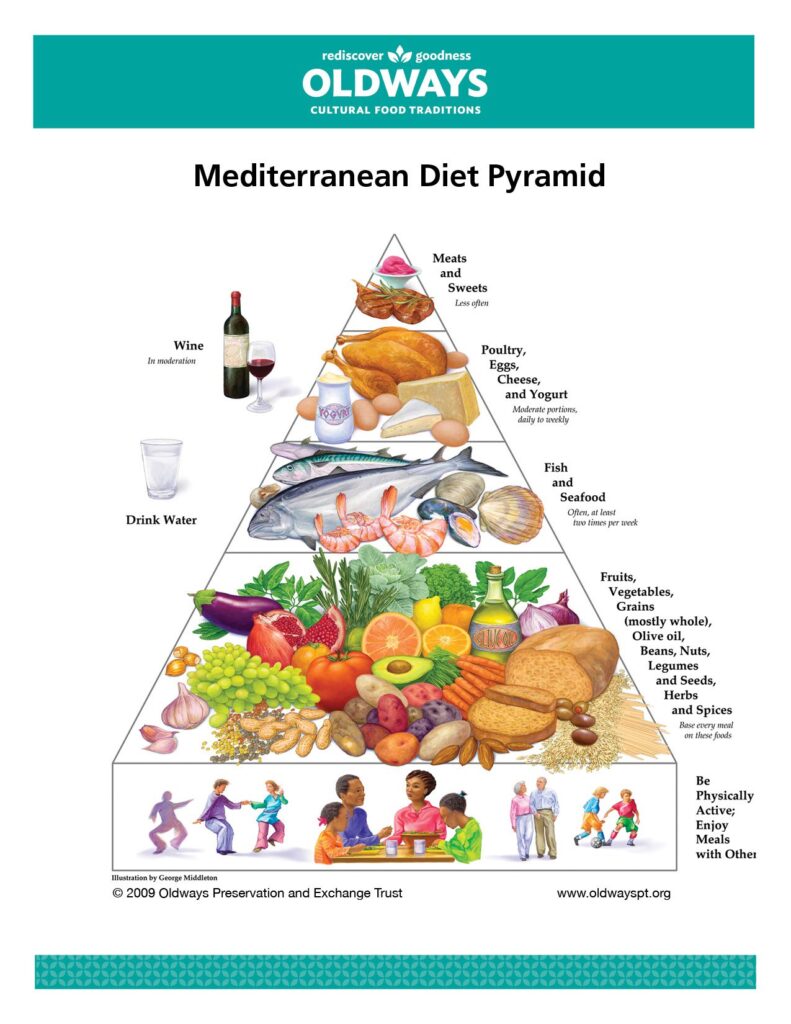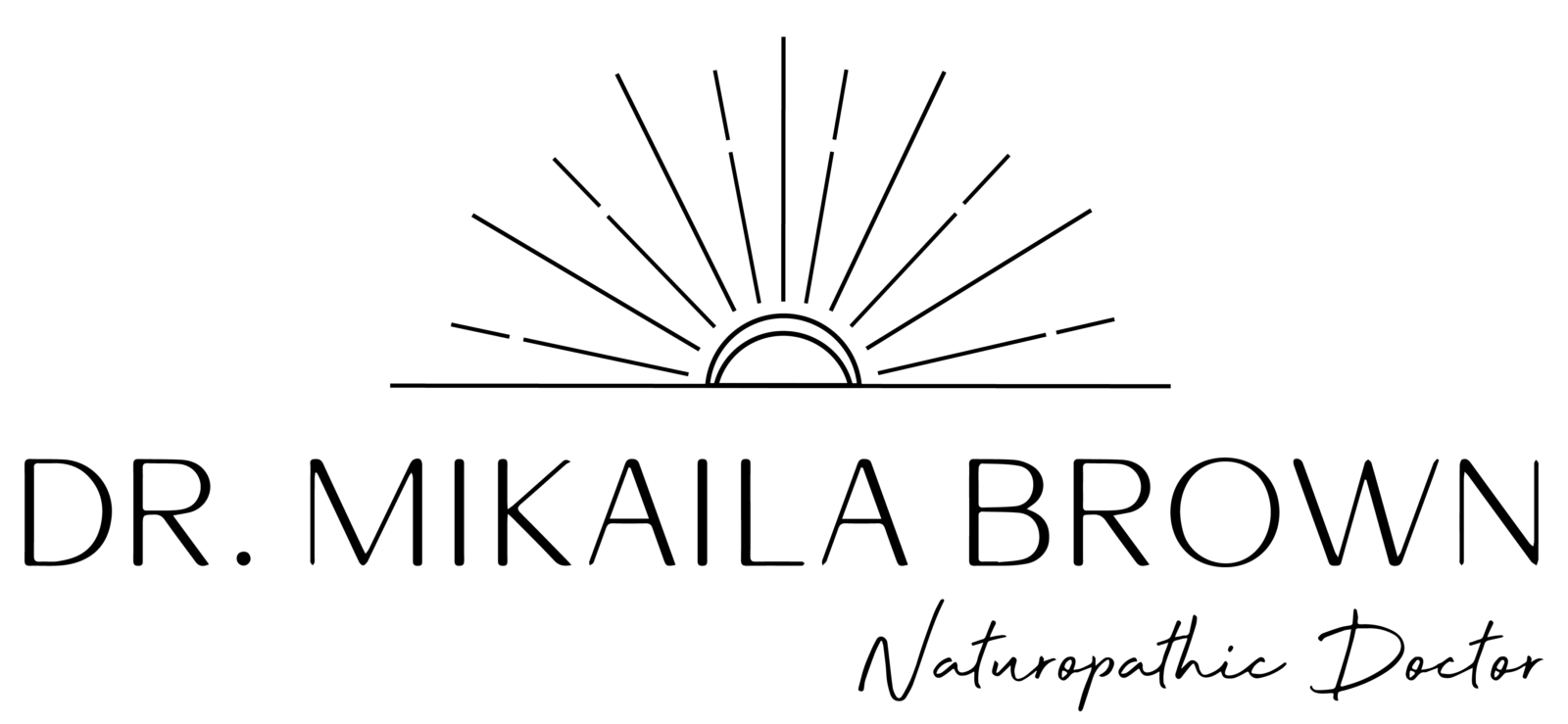A Nutritional Framework for Your Brain & Body
“Healthy eating is not defined by what you don’t eat, nor does it solely involve the food itself. Instead, it is the broad, consistent eating patterns you practice over time and the connections with the food, nature & others you make along the way.”
Food is an incredibly powerful tool that can support our physical health, prevent disease, improve performance, and boost our mood.
Fundamentally, nutritious food provides our body with the resources it needs to function well, making it an essential component of living a vibrant, energetic life. Unfortunately, this powerful tool often adds more stress to our life than necessary and is underutilized due to food fear and a misinformed beliefs about food. Despite having more access to health information than ever, ‘healthy eating’ has never felt more complex and unattainable. Thus, my approach to nutrition, both personally and clinically, is to simplify, simplify, simplify, so that the information I provide translates to consistent, imperfect action that can transform the health of your brain and body, without the stress.
Diet culture has long ingrained in us the idea that some foods are “bad,” while others are “good.”
Most diets focus on what to avoid, such as gluten, dairy, lectins, animal products, dietary fat, or carbs. In pursuit of ‘healthy eating’, many have lost sight of what this even means. The framework of healthy eating that I live and practice by is that of the Mediterranean diet, one of the most well studied diets on the planet. This framework reminds us that healthy eating is not about precision, exclusion or perfection – it’s about keeping things simple and including more real foods (yes, that includes gluten containing grains, dairy, lectins, animal products, dietary fat, and carbs).
To call the Mediterranean Diet a “diet” though, does not fully encapsulate its meaning.
While there is an emphasis on nutrient dense, whole foods, there is an equal emphasis on the relationship one has with their food, environment and others, which I believe is a missing peice in many dietary approaches. The benefits of implimenting a Mediterranean-inspired diet include lower rates of depression, cardiovascular disease, pain from osteoarthritis, cognitive decline, infertility and PCOS. Important to note, is that these shifts in chronic disease and mental health do not require counting calories, avoiding comfort foods, or breaking the bank. Instead, it involves simple, attainable dietary habits that shift our overall eating patterns to create an internal environment conducive to health and healing.

The recommendations are simple and consistent in the literature:
- Eat plenty of fruits and vegetables,
- Include eggs and lean meats,
- Eat more fish and seafood,
- Include plant proteins, such as soy, chickpeas, lentils, and beans,
- Opt for whole grains versus refined grains,
- Some (unsweetened, lower fat) dairy is okay – if you tolerate it,
- Include raw or dry-roasted nuts and seeds,
- Use extra-virgin olive oil, herbs, and spices liberally,
- Limit refined carbohydrates, sugar, saturated fats, processed meats, red meats and soft drinks,
- Eat slowly and mindfully,
- Choose local and seasonal foods, when feasible,
- Practice the traditional preparation of the foods,
- Share meals in the company of loved ones, and
- Engage in regular physical activity and rest adequately.
When we zoom out and look at this system of eating and living, we see that there is no single food or aspect that lends itself to the profound impact it has on mental and physical health. Instead, it is the synergistic effects of all of the components practiced together that do. Unlike other diets that feel restrictive, this diet feels abundant, approachable and is therefore more sustainable.
I share this with you today as a reminder that healthy eating is not defined by what you don’t eat, nor does it solely involve the food itself. Instead, it is the broad, consistent eating patterns you practice over time and the connection with the food, nature and others you make along the way. No meal can make or break your health, so focus on patterns over perfection and look at eating as a practice, rather than a science. I believe that this mindset is so valuable in our high stress environment, as it creates ease within our nervous system, which an essential aspect to health, healing and wellness.
If you’re excited to learn more about how to support your mental and physical health holistically, which ease and support, I offer virtual and in-person care at Euphoria Natural Health, with a special focus on anxiety, burnout, IBS and other chronic digestive concerns. I utilize nutritional strategies like the Mediterranean Diet, along with targeted suppements and herbs that support the body’s ability function well and promote healing, all with a keen focus creating more ease in your life.


